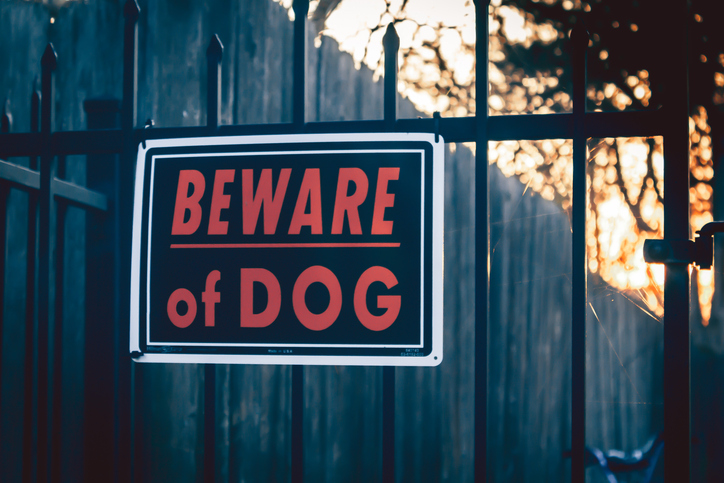
The second full week of April is National Dog Bite Prevention Week in the U.S.
National Dog Bite Prevention Week: Understanding Liability and Your Rights After an Attack
Dogs are often seen as friendly, loyal companions—and in most cases, they are. It’s natural for people to want to pet them, even during brief encounters. But it’s important to remember that not every dog sees people as their best friend.
 Texas Injury Lawyers Blog
Texas Injury Lawyers Blog










